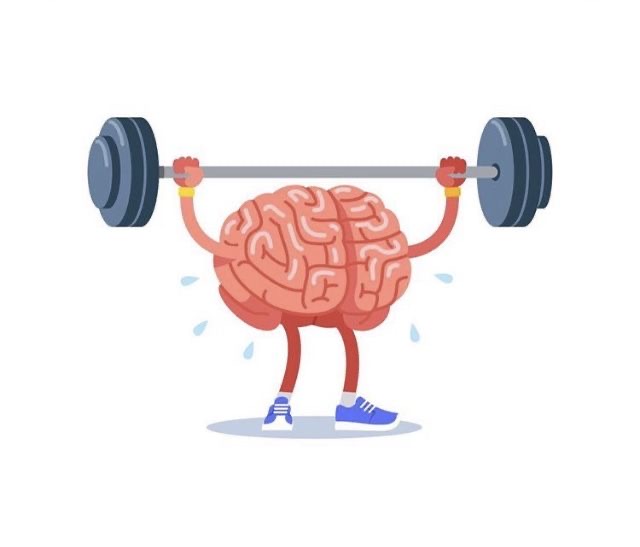Mindfulness Meditation: A Key to Focusing and Strengthening Attention at Work and in Relationships
In our fast-paced and social media driven world, the demands of work and maintaining healthy relationships often leave us feeling distracted and overwhelmed. It’s easy to find our attention pulled in multiple directions—between looming deadlines, notifications, or our own wandering thoughts. This constant distraction can limit our ability to focus, reducing performance, productivity and the quality of our connections with others.
Fortunately, mindfulness meditation offers a simple yet powerful solution. By training our minds to be present, we can sharpen our focus, enhance attention, and improve our interactions with those around us.
A Simple Definition of Mindfulness Meditation
Mindfulness meditation is the practice of intentionally focusing on the present moment without judgment. It encourages us to bring awareness to what we’re thinking, feeling, and sensing at any given time. This heightened awareness allows us to notice distractions, anxiety, or stress and refocus on what’s important.
For example, when we practice mindfulness at work, we might notice the tension that builds as deadlines approach, acknowledge it without getting caught up in it, and gently return our focus to the task at hand. When used in relationships, mindfulness helps us stay present during conversations, increasing our empathy and understanding of the other person.
Training Our Attention
Mindfulness is like a workout or exercise for the brain. Just as lifting weights strengthens muscles, practicing mindfulness strengthens our ability to concentrate. Here’s how it works:
- Building Attention through Focused Breathing: A basic form of mindfulness meditation involves focusing on your breath. Every time your mind wanders, you gently bring your attention back to the sensation of your breath. Over time, this process teaches you to notice when your mind drifts and return to the present moment with greater ease—whether you're writing an email, listening to a colleague, or brainstorming new ideas.
- Reducing Distractions: Mindfulness creates space between stimulus and reaction. In a work setting, this might mean noticing when an email notification triggers anxiety or when a co-worker's comment upsets you. Rather than reacting impulsively, mindfulness allows you to pause, observe your emotions, and respond thoughtfully.
- Improving Emotional Regulation: One of the most significant benefits of mindfulness is its ability to enhance emotional regulation. By becoming more aware of your thoughts and emotions, you can navigate stressful situations at work or in personal relationships with greater composure. This emotional clarity leads to better decisions, more constructive feedback, and stronger interpersonal connections.
Applying Mindfulness at Work
Incorporating mindfulness into your workday doesn’t have to take much time. Here are a few ways to get started:
- Begin with a Short Meditation: Start your day with 2-5 minutes of focused breathing. This simple practice can set a calm and focused tone for the rest of your day.
- Practice Mindful Transitions: Use moments of transition—like moving between meetings or tasks—to take a few mindful breaths. This helps reset your mind, making it easier to fully engage in the next activity.
- Mindful Listening: During conversations with colleagues, practice listening without interrupting or planning your next response. This strengthens your focus and improves the quality of your communication.
Using Mindfulness to Improve Relationships
Mindfulness can enhance your interactions with others. Relationships—whether professional or personal—thrive when we feel heard and understood. Mindfulness helps us cultivate presence and patience, which are essential for healthy communication.
- Be Present: When spending time with friends and family or co-workers, give them your full attention. Turn off distractions, like your phone or computer, and focus on the conversation at hand.
- Observe Without Judgment: Practice observing what others say without jumping to conclusions. This can reduce misunderstandings and create space for deeper, more meaningful connections.
- Respond with Intention: Mindfulness allows us to respond thoughtfully rather than react emotionally. In challenging conversations, take a moment to breathe and gather your thoughts before offering a response.
Final Thoughts
Mindfulness meditation is a valuable tool that can improve focus, attention, and emotional well-being at work and in relationships. By training your mind to stay present, you’ll find that your productivity increases, your stress decreases, and your connections with others deepen.
At Elite Psychology Group, we encourage those we work with to incorporate mindfulness into their daily routines. Whether you're looking to boost your professional performance or enhance your personal relationships, mindfulness is a key strategy for developing mental fitness and resilience. Start with just a few minutes a day, and watch how it transforms both your work and your interactions with others.











